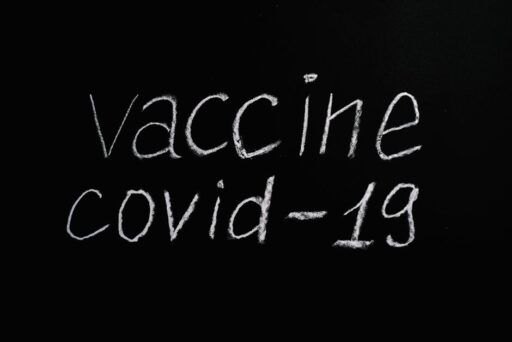Introduction
By Sharon Voyer Lavigne, MS, MotherToBaby CT Teratogen Information Specialist
Many expectant mothers, like ‘Jenny,’ struggle with cigarette addiction and question its impact on their pregnancy. As a teratogen information specialist, I’ve heard concerns about smoking during pregnancy countless times. This article aims to provide clear, factual information to help mothers make informed decisions about smoking cessation.
Chapter 1: Smoking and Fertility
Cigarette smoke contains over 4,000 toxic chemicals, including nicotine, tar, arsenic, lead, and carbon monoxide. These substances can cross the placenta, decreasing oxygen and nutrients to the baby. Smoking prior to pregnancy may hinder conception, but quitting can reverse this issue. Smoking also impacts male fertility, affecting chances of conception.
Chapter 2: Loss of Pregnancy Risk
Smoking in early pregnancy can increase the risk of ectopic pregnancy, where the embryo implants outside the uterus. This serious complication may require medical intervention. Smoking also alters placental blood flow, potentially leading to miscarriage.
Chapter 3: Potential for Birth Defects
Research has linked smoking during pregnancy to an increased risk of birth defects, such as oral clefts. While these defects can be surgically corrected, they may require multiple surgeries and affect speech development. More research is needed to fully understand the risks.
Chapter 4: Pregnancy Complications
Smoking later in pregnancy is associated with premature birth and low birth weight, posing additional risks for newborns. Smoking also increases the risk of placental problems, bleeding, and stillbirth.
Chapter 5: Long-Term Effects on Baby
Children of mothers who smoked during pregnancy face higher risks of asthma, bronchitis, respiratory infections, and Sudden Infant Death Syndrome (SIDS). Withdrawal symptoms and behavior issues, such as ADHD, are also being studied.
Chapter 6: Smoking and Breastfeeding
Nicotine and other chemicals in cigarettes can be present in breast milk. While breastfeeding benefits usually outweigh these risks, it’s best to avoid smoking. Never smoke around the baby or allow others to do so.
Final Chapter: How Quitting Can Help
Quitting smoking early in pregnancy can significantly reduce risks for both mother and baby. Even reducing cigarette intake can be beneficial. Numerous support options are available, including healthcare provider advice, medical treatments, and quit programs. Contact the Smokers Quit Line at 1-800-784-8699 for help.
Conclusion
Sharon Voyer Lavigne is a teratogen information specialist and genetic counselor at MotherToBaby CT, affiliated with the Organization of Teratology Information Specialists (OTIS). For questions on medications, vaccines, and exposures, contact MotherToBaby at 866-626-6847 or visit MotherToBaby.org.





